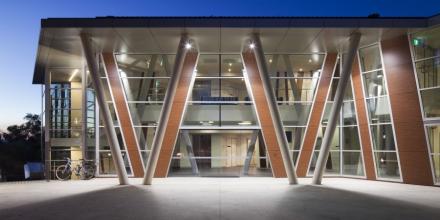Paradigm shifts in aid motives? bilateral aid allocation from the cold war to the global war on terror

Event details
PhD Seminar (Econ)
Date & time
Venue
Speaker
Contacts
The present study examines how the motives of foreign aid have been changing following paradigm shifts in the global geo-political focus from the cold war era to the new global emphasis on war on terror. The analysis is based on a newly constructed panel dataset covering 23 OECD-DAC donor countries and 126 aid recipient countries over the period of 1971-2010. The econometric analysis is undertaken within the augmented gravity modelling framework using a Hausman-Taylor instrumental variable estimation method which incorporates both time-varying and time-fixed variables as well as controls for endogeneity. The findings show that aid inertia, donor capacity, population size, distance, common language and colonial ties have continued to remain the important determinants of aid allocation. But recipient needs and merits are receiving growing attention in recent years. Additionally, aid has been being used as a counter-terrorism tool since the start of the global war on terror. These findings are broadly confirmed by a number of robustness checks.
Updated: 28 July 2024/Responsible Officer: Crawford Engagement/Page Contact: CAP Web Team






